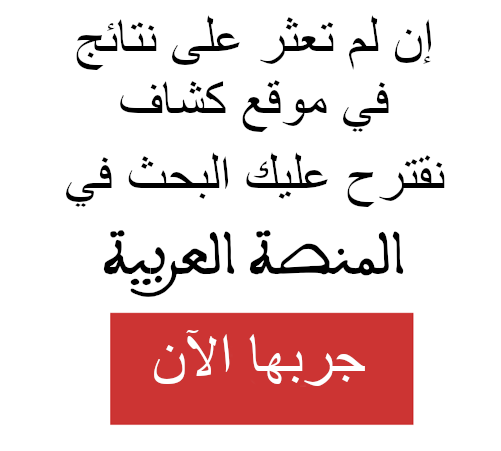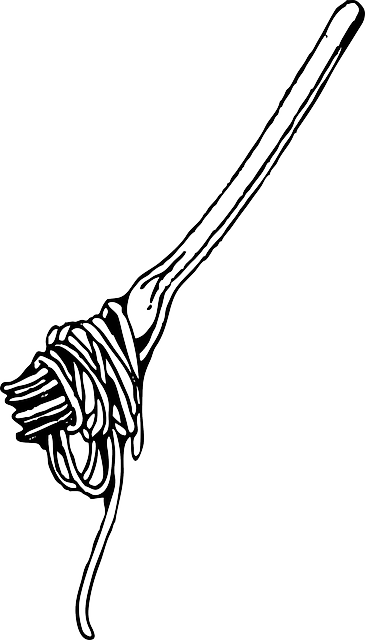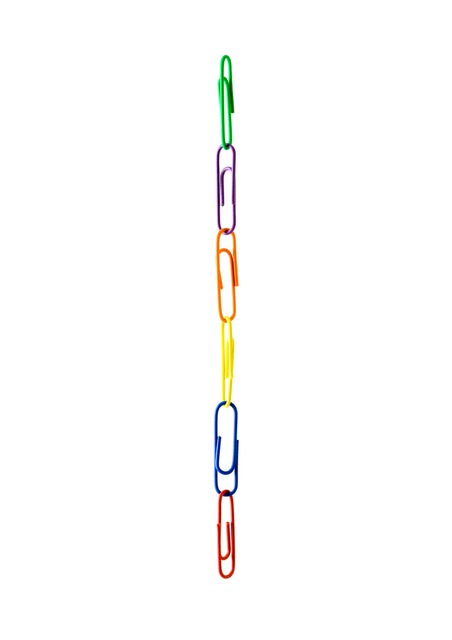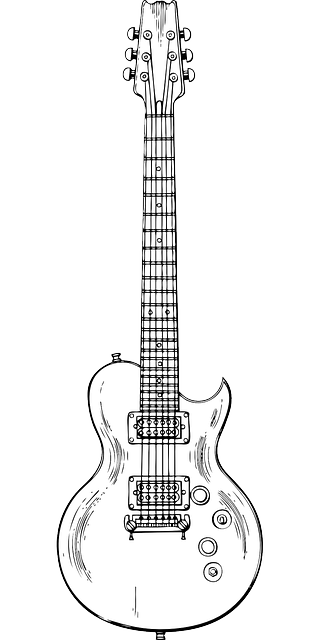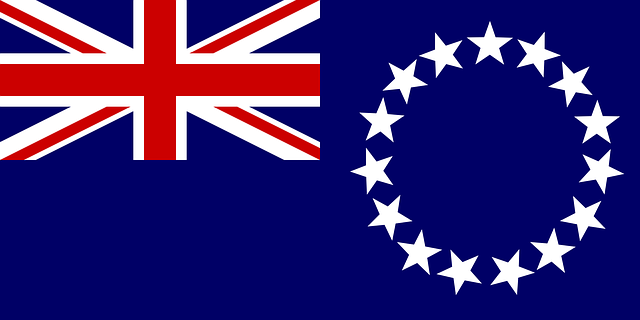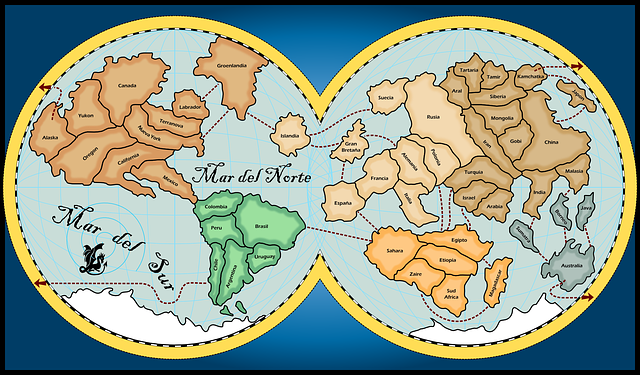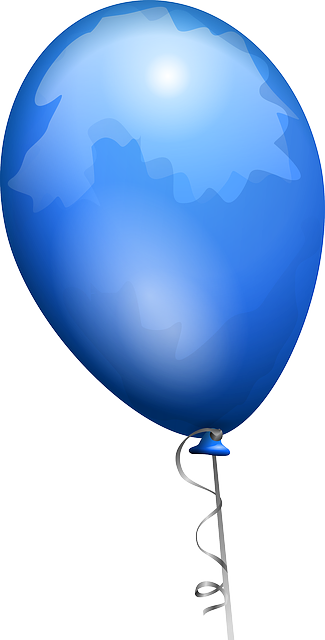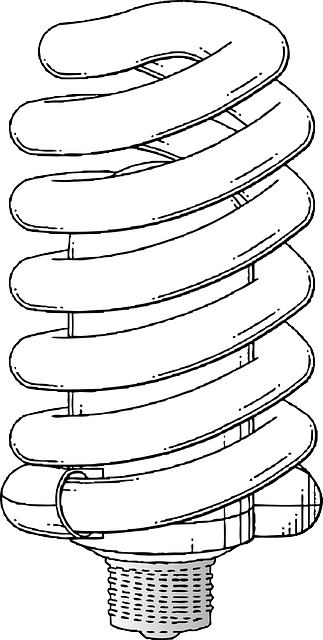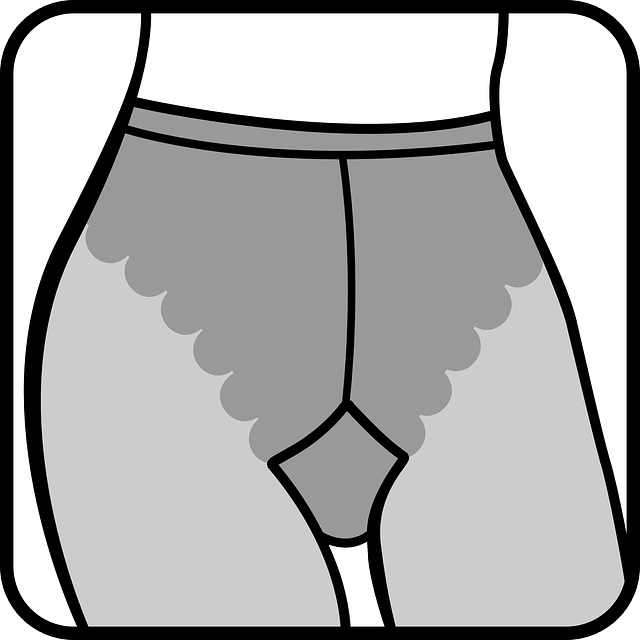اقتصاد نيجريا
|
Skyline of Lagos, the commercial hub of نيجريا
| |
| العملة | Nigerian naira (NG₦) |
|---|---|
السنة المالية |
1 April 2015 – 31 March 2016 |
| احصائيات | |
| ن.م.إ |
$492.986 billion (nominal; 2016) $1,105.343 billion (PPP; 2016) |
| ترتيب ن.م.إ | 30th (nominal) / 23rd (PPP) |
نمون.م.إ |
|
ن.م.إ للفرد |
$2,758 (nominal) $6,184 (PPP) |
ن.م.إ للفرد |
Agriculture: 17.8% Industry: 25.7% Services: 54.6% (2015) |
التضخم (CPI)
|
9% (May 2015) |
السكان تحت خط الفقر
|
33% (2013) |
| 43.0 (2010) | |
القوة العاملة |
74 million (Q2 2015) |
القوة العاملة حسب المهنة |
Accommodation, food, transportation and real estate: 12.2% Education, health, science and technology: 6.3% Farming, forestry and fishing: 30.5% Manufacturing, mining and quarrying: 11.3% Retail, maintenance, repair, and operations: 24.9% Managerial, finance and insurance: 4.2% Telecommunication, arts and entertainment: 1.8% Other services: 8.8% (2010) |
| البطالة | 13.9% (Q3 2016) |
الصناعات الرئيسية |
cement, oil refining, construction and construction materials, food processing and food products, beverages and tobacco, textiles, apparel and footwear, pharmaceutical products, wood products, pulp paper products, chemicals, ceramic products, plastic and rubber products, electrical and electronic products, base metals: iron and steel, information technology, automobile manufacturing, and other manufacturing (2015) |
| 169 (2017) | |
| الخارجي | |
| الصادرات | $93.01 billion (2014 est.) |
السلع التصديرية |
petroleum and petroleum products, chemicals, vehicles, aircraft parts, vessels, vegetable products, processed food, beverages, spirits and vinegar, cashew nuts, processed leather, cocoa, tobacco, aluminum alloys (2015) |
شركاء التصدير الرئيسيين |
(Q1 2015) |
| الواردات | $52.79 billion (2014 est.) |
السلعة المستوردة |
industry supplies, machinery, appliances, vehicles, aircraft parts, chemicals, base metals (2015) |
شركاء الاستيراد الرئيسيين |
(Q1 2015) |
رصيد ا.أ.م
|
$1.1 trillion (2014) |
إجمالي
|
$9.7 billion (2015) |
| المالية العامة | |
| $56.74 billion; 10.9% of GDP (2015) | |
| $5.2 billion; 1% of GDP (2014) | |
| العوائد | $54.48 billion |
| النفقات | $31.61 billion (2012 est.) |
|
Standard & Poor's: B+ (Domestic) B+ (Foreign) B+ (T&C Assessment) Outlook: Stable Fitch: BB- Outlook: Stable |
|
احتياطيات العملات الأجنبية |
$42.8 billion (2012) |
المصدر الرئيسي للبيانات: CIA World Fact Book كل القيم، ما لم يُذكر غير ذلك، هي بالدولار الأمريكي. | |
Nigeria is a middle-income, mixed economy and emerging market, with expanding manufacturing, financial, service, communications, technology and entertainment sectors. It is ranked as the 30th-largest economy in the world in terms of nominal GDP, and the 23rd-largest in terms of purchasing power parity. It is the largest economy in Africa; its re-emergent manufacturing sector became the largest on the continent in 2013, and it produces a large proportion of goods and services for the West African subcontinent. In addition, the debt-to-GDP ratio is 11 percent, which isثمانية percent below the 2012 ratio.
Previously hindered by years of mismanagement, economic reforms of the past decade[] have put Nigeria back on track towards achieving its full economic potential. Nigerian GDP at purchasing power parity (PPP) has almost tripled from $170 billion in 2000 to $451 billion in 2012, although estimates of the size of the informal sector (which is not included in official figures) put the actual numbers closer to $630 billion. Correspondingly, the GDP per capita doubled from $1400 per person in 2000 to an estimated $2,800 per person in 2012 (again, with the inclusion of the informal sector, it is estimated that GDP per capita hovers around $3,900 per person). (Population increased from 120 million in 2000 to 160 million in 2010). These figures were to be revised upwards by as much as 80% when metrics were to be recalculated subsequent to the rebasing of its economy in April 2014.[]
Although oil revenues contribute 2/3 of state revenues, oil only contributes about 9% to the GDP. Nigeria produces only about 2.7% of the world's oil supply (in comparison, Saudi Arabia produces 12.9%, Russia produces 12.7% and the الولايات المتحدة produces 8.6%). Although the petroleum sector is important, as government revenues still heavily rely on this sector, it remains a small part of the country's overall economy.
The largely subsistence agricultural sector has not kept up with rapid population growth, and Nigeria, once a large net exporter of food, now[] imports some of its food products, though mechanization has led to a resurgence in manufacturing and exporting of food products, and the move towards food sufficiency. In 2006, Nigeria successfully convinced the Paris Club to let it buy back the bulk of its debts owed to them for a cash payment of roughly US$12 billion.
According to a Citigroup report published in February 2011, Nigeria will get the highest average GDP growth in the world between 2010 and 2050. Nigeria is one of two countries from Africa among 11 Global Growth Generators countries.
استعراض
In 2014, Nigeria changed its economic analysis to account for rapidly growing contributors to its GDP, such as telecommunications, banking, and its film industry.
التاريخ الاقتصادي
This is a chart of trend of gross domestic product of Nigeria at market prices estimated by the International Monetary Fund with figures in USD billions. Figures before 2000 are backwards projections from the 2000–2012 numbers, based on historical growth rates, and should be replaced when data becomes available. The figure for 2014 is derived from a rebasing of economical activity earlier in the year.
| Year | Gross domestic product, (PPP, in billions) |
US dollar exchange | Inflation index (2000=100) |
Per capita income (as % of USA) |
|---|---|---|---|---|
| 1980 | *58 | 1 Naira | 1.30 | 7% |
| 1985 | *82 | 3 Naira | 3.20 | 5% |
| 1990 | *118 | 9 Naira | 8.10 | 2.5% |
| 1995 | *155 | 50 Naira | 56 | 3% |
| 2000 | 170 | 100 Naira | 100 | 3.5% |
| 2005 | 291 | 130 Naira | 207 | 4% |
| 2010 | 392 | 150 Naira | 108 | 5% |
| 2012 | 451 | 158 Naira | 121 | 7% |
| 2014 | 972 | 180 Naira | 10 | 11% |
| 2015 | 1,089 | 220 Naira | 10 | 10% |
| 2016 | 1,093 | 280 Naira | 17 | 10% |
| 2017 | 1,125 | 360 Naira | 5 (est) | 10% |
ملاحظات:
The US dollar exchange rate is an estimated average of the official rate throughout a year, and does not reflect the parallel market rate at which the general population accesses foreign exchange. This rate ranged from a high of 520 in March 2017 to a low of 350 in August 2017, due to a scarcity of forex (oil earnings had dropped by half), and to speculative activity as alleged by the Central Bank. All the while the official rate was pegged at 360.
Per capita income (as % of USA) is calculated using data from estimates in the PPP link above, and from census estimates, based on growth rates between census periods. For instance 2017 GDPs were 1,125 Billion (Nigeria) vs. 19,417 Billion (USA) and populations were estimated at 320 million vs 190 million. The ratio is therefore (1125/19417) / (190/320), which roughly comes to 0.0975. These are estimates and are intended to get a feel for the relative wealth and standard of living, as well as the market potential of its middle class.
This is a chart of trend of the global ranking of the Nigerian economy, in comparison with other countries of the world, derived from the historical List of countries by GDP (PPP).
| Year | 2005 | 2006 | 2007 | 2008 | 2009 | 2010 | 2011 | 2012 | 2013 | 2014 | 2015 | 2016 | 2017 (est.) |
|---|---|---|---|---|---|---|---|---|---|---|---|---|---|
| Ranking | 52 | 47 | 38 | 37 | 34 | 31 | 31 | 30 | 23 | 20 | 21 | 22 | 23 |
This chart shows the variance in the parallel exchange rate at which the Dollar can be obtained with Naira in Lagos, with "Best" being cheaper for a Nigerian (i.e. stronger Naira).
| Year | 2015 | 2016 | 2017 |
|---|---|---|---|
| Best | 195 | 345 | 350 |
| Worst | 237 | 490 | 520 |
For purchasing power parity comparisons, the US dollar is exchanged at 1 USD to 314.27 النايرة النيجيرية (as of 2017).
القطاعات الاقتصادية
الزراعة
النفط
Nigeria's proven oil reserves are estimated to be 35 بليون برميلs (5.6×109 م3); natural gas reserves are well over 100 trillion قدم مكعب (2,800 kم3). Nigeria is a member of the Organization of Petroleum Exporting Countries (OPEC). The types of crude oil exported by Nigeria are Bonny light oil, Forcados crude oil, Qua Ibo crude oil and Brass River crude oil. Poor corporate relations with indigenous communities, vandalism of oil infrastructure, severe ecological damage, and personal security problems throughout the Niger Delta oil-producing region continue to plague Nigeria's oil sector.
Efforts are underway[] to reverse these troubles. A new entity, the Niger Delta Development Commission (NDDC), has been created to help catalyze economic and social development in the region. The U.S. remains Nigeria's largest buyer of crude oil, accounting for 40% of the country's total oil exports; Nigeria provides about 10% of overall U.S. oil imports and ranks as the fifth-largest source for U.S. imported oil.
The United Kingdom is Nigeria's largest trading partner followed by the United States. Although the trade balance overwhelmingly favors Nigeria, thanks to oil exports, a large portion of U.S. exports to Nigeria is believed to enter the country outside of the Nigerian government's official statistics, due to importers seeking to avoid Nigeria's tariffs. To counter smuggling and under-invoicing by importers, in May 2001, the Nigerian government instituted a full inspection program for all imports, and enforcement has been sustained.
التجارة الخارجية
In 2005, Nigeria imported about US$26 billion of goods. In 2004 the leading sources of imports were China (9.4%), the United States (8.4%), the United Kingdom (7.8%), the Netherlands (5.9%), France (5.4%), Germany (4.8%), and Italy (4%). Principal imports were manufactured goods, machinery and transport equipment, chemicals, and food and live animals.
In 2005, Nigeria exported about US$52 billion of goods. In 2004, the leading destinations for exports were the United States (47.4%), Brazil (10.7%), and Spain (7.1%). In 2004 oil accounted for 95% of merchandise exports, and cocoa and rubber accounted for almost 60% of the remainder.
In 2005, Nigeria posted a US$26 billion trade surplus, corresponding to almost 20% of gross domestic product. In 2005, Nigeria achieved a positive current account balance of US$9.6 billion. The Nigerian currency is the naira (NGN). As of mid-June 2006, the exchange rate was about US$1=NGN128.4. In recent years, Nigeria has expanded its trade relations with other developing countries such as India. Nigeria is the largest African crude oil supplier to India — it annually exports 400,000 برميل لكل يوم (64,000 م3/ي) to India valued at US$10 billion annually.
الهند هي أكبر مشتري للنفط النيجيري، الذي يلبي 20% إلى 25% من احتياجات الهند المحلية للنفط. Indian oil companies are also involved in oil drilling operations in Nigeria and have plans to set up refineries there.
The trade volume between Nigeria and the United Kingdom rose by 35% from USD6.3 billion in 2010 to USD8.5 billion in 2011.
الدين الخارجي
In 2012, Nigeria's external debt was an estimated $5.9 billion and N5.6 trillion domestic - putting total debt at $44 billion.
In April 2006, Nigeria became the first African country to fully pay off its debt owed to the Paris Club. This was structured as a debt writeoff of approximately $18 billion and a cash payment of approximately $12 billion.
بيانات
Household income or consumption by percentage share:r
lowest 10%:
2.6%
highest 10%:
35.8% (1996–97)
الصناعات: crude oil, coal, tin, columbite, palm oil, peanuts, cotton, rubber, wood, hides and skins, textiles, cement and other construction materials, food products, footwear, chemicals, fertilizer, printing, ceramics, steel, small commercial ship construction and repair
Industrial production growth rate: 4.7% (2010 est.)
Agriculture – products: cocoa, peanuts, palm oil, maize, rice, sorghum, millet, cassava (tapioca), yams, rubber; cattle, sheep, goats, pigs; timber; fish
ثمن الصرف: Naira (NGN) per US$1 – 157.3 (2012) 149.5 (2009), 120 (2006), 128 (2005), 132.89 (2004), 129.22 (2003), 120.58 (2002), 111.23 (2001)
انظر أيضاً
- الفقر في نيجريا
الهامش
- ^ "Glossary -- Nigeria". Retrieved 22 June 2015.
- ^ "Report for Selected Countries and Subjects". IMF.org. Retrieved 9 April 2017.
- ^ "News 2012". Nigerian National Bureau of Statistics. Retrieved 26 March 2012.
- ^ "Nigerian Gross Domestic Product Report Q2 2015". National Bureau of Statistics. Archived from the original on 15 September 2015. Retrieved 22 September 2015.
- ^ "Gini Index". World Bank. Retrieved 2 March 2011.
- ^ "Labour Productivity Report". National Bureau of Statistics. August 2015. Archived from the original on 2 October 2015. Retrieved 22 September 2015.
- ^ "Labour Force Statistics, 2010". Nigerian Bureau of Statistics. 2010. Archived from the original on 24 April 2015. Retrieved 22 June 2015.
- ^ "Nigeria's unemployment rate rises to 13. 9 % – NBS - Vanguard News". Vanguard News (in الإنجليزية). 2016-12-16. Retrieved 5 April 2017.
- ^ "Doing Business in Nigeria 2012". Doing Business,org. Retrieved 31 January 2017.
- ^ "CIA – The World Factbook". Cia.gov. Retrieved 26 June 2015.
- ^ "Foreign Trade Statistics". National Bureau of Statistics. 2015. Archived from the original on 15 September 2015. Retrieved 22 September 2015.
- ^ "Nigeria's external debt to W'Bank, AfDB, others hit N1.63trn". Sun News. 24 February 2015. Archived from the original on 22 June 2015. Retrieved 22 June 2015.
- ^ "Nigeria's budget deficit now 1% after rebasing". News 24. 27 May 2014. Retrieved 22 June 2015.
- ^ "Sovereigns rating list". Standard & Poor's. Retrieved 26 May 2011.
- ^ Rogers, Simon; Sedghi, Ami (15 April 2011). "How Fitch, Moody's and S&P rate each country's credit rating". The Guardian. London. Retrieved 31 May 2011.
- ^ "Manufacturing Sector Report, 2015: Manufacturing in Africa" (PDF). KPMG. 2015.
- ^ "UPDATE 2-Nigeria surpasses South Africa as continent's biggest economy". Retrieved April 26, 2014.
- ^ "nigeria rebasing gdp - Google Search". Retrieved 11 June 2015.
- ^ "Subscribe to read". www.ft.com (in الإنجليزية). Retrieved 2017-06-02.
- ^ - World Petroleum Production
- ^ "Resolving Nigeria's Debt Through a Discounted Buyback". Center For Global Development. Retrieved 11 June 2015.
- ^ "FORGET THE BRICs: Citi's Willem Buiter Presents The 11 "3G" Countries That Will Win The Future". businessinsider.com. 22 February 2011. Retrieved 31 May 2011.
- ^ "Africa's new Number One". Economist.com. Retrieved 9 April 2017.
- ^ estimated
- ^ "Your daily Naira exchange rate". www.abokifx.com. Retrieved 2017-08-23.
- ^ "Daily Parallel Market Exchange Rate". www.nairametrics.com. Retrieved 2017-08-23.
- ^ "XE: Convert USD/NGN. United States Dollar to Nigeria Naira". www.xe.com. Retrieved 2017-06-02.
- ^ "India now Nigeria's biggest crude oil buyer". The Hindu. Chennai, India. 15 July 2013.
- ^ Nigeria, UK Trade Hits U.S.$9 Billion in 2011, Africa: AllAfrica.com, 2012, http://allafrica.com/stories/201209261080.html, retrieved on 27 September 2012
- ^ "Nigeria's Domestic, External Debts Now $44bn, Articles - THISDAY LIVE". Archived from the original on 13 June 2015. Retrieved 11 June 2015.
المصادر
- This article contains material from the Library of Congress Country Studies, which are United States government publications in the public domain.
للاستزادة
- The World Bank Economic Report on Nigeria, May 2013
وصلات خارجية
- اقتصاد نيجريا at the Open Directory Project
الوصلات الخارجية في هذه الموضوعة قد لا تتبع سياسات المحتوى أوالإرشادات. من فضلك حسـِّن هذه الموضوعة بإزالة الوصلات الخارجية الزائدة أوغير المناسبة. |
- World Bank Summary Trade Statistics Nigeria
- Nigeria latest trade data on ITC Trade Map
- Tariffs applied by Nigeria as provided by ITC's Market Access Map, an online database of customs tariffs and market requirements

